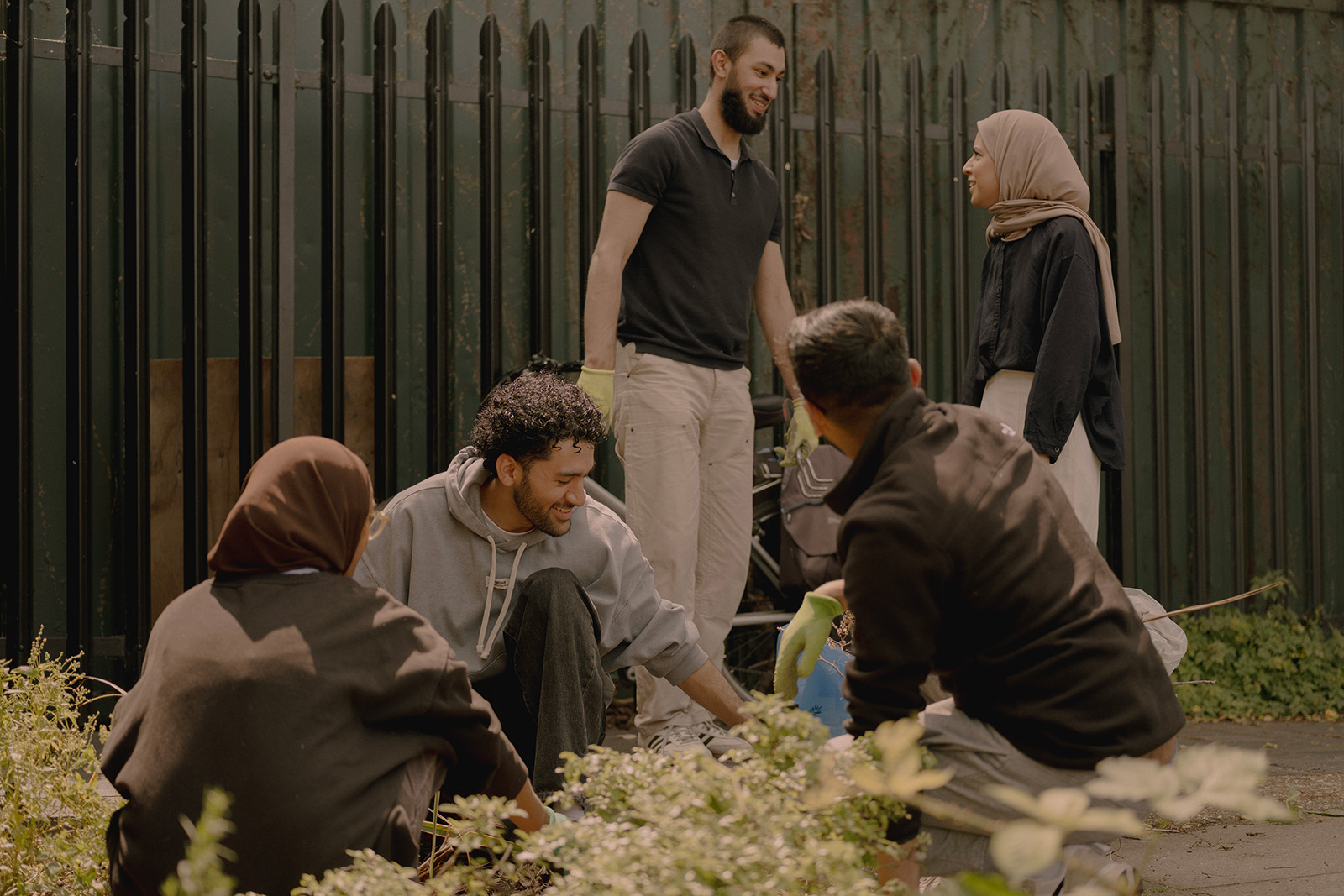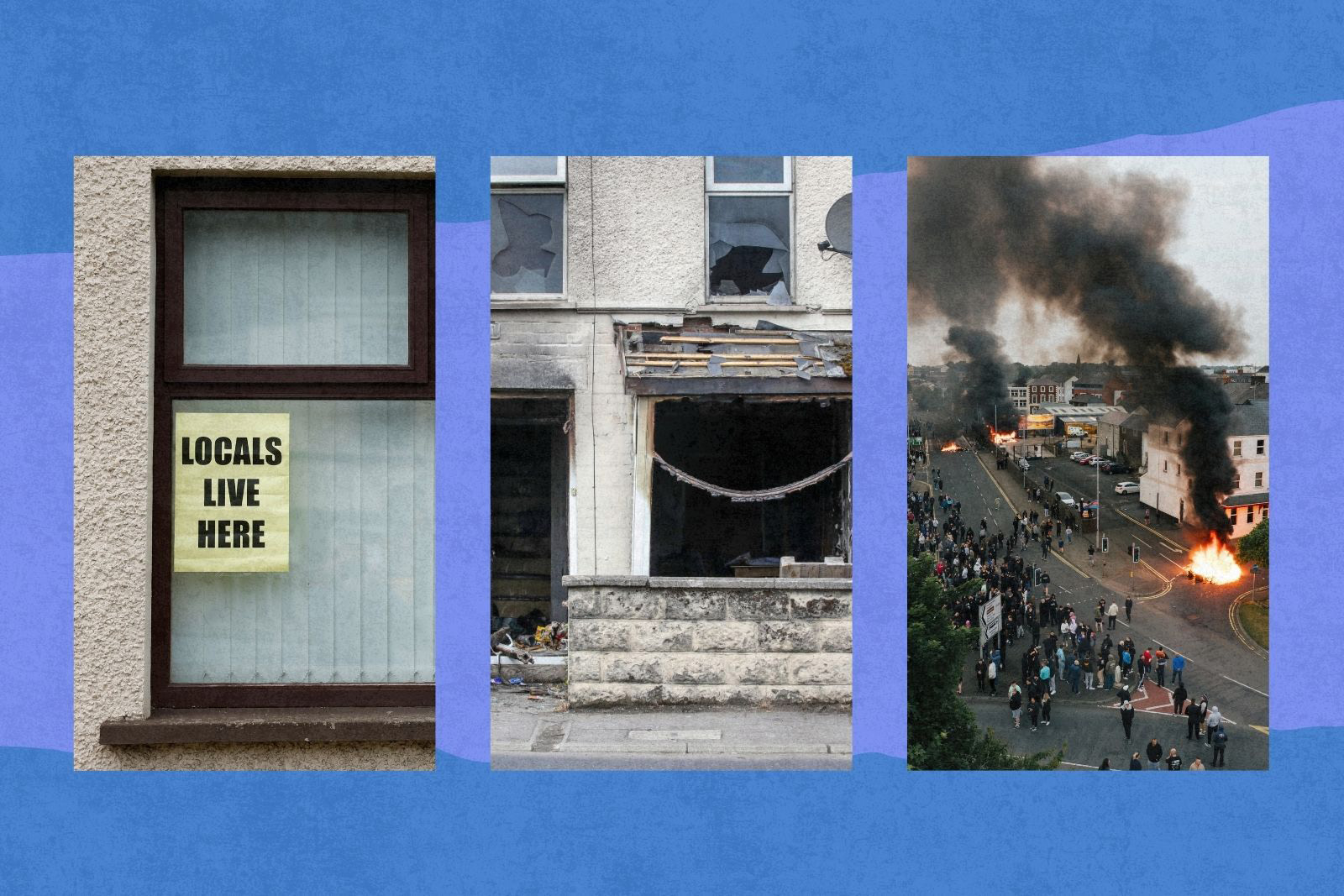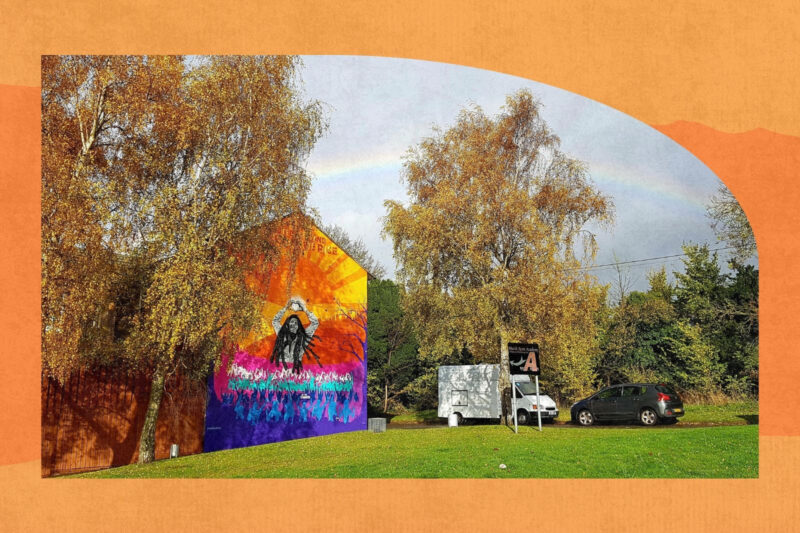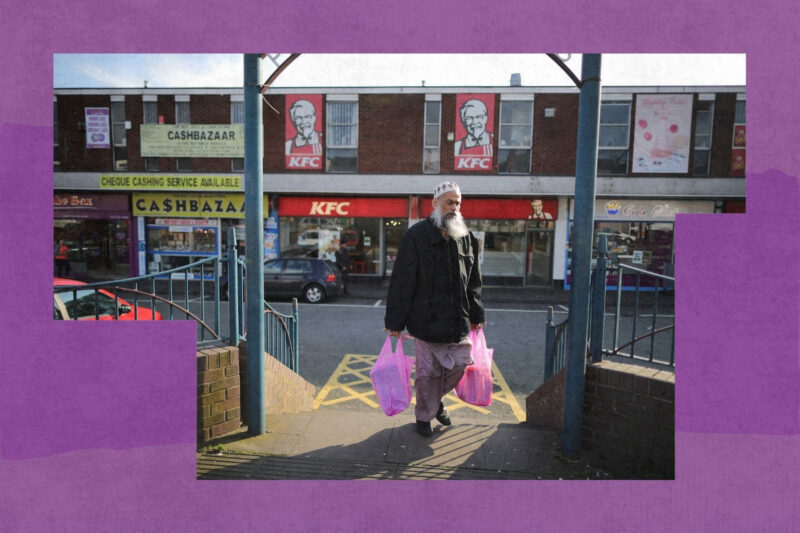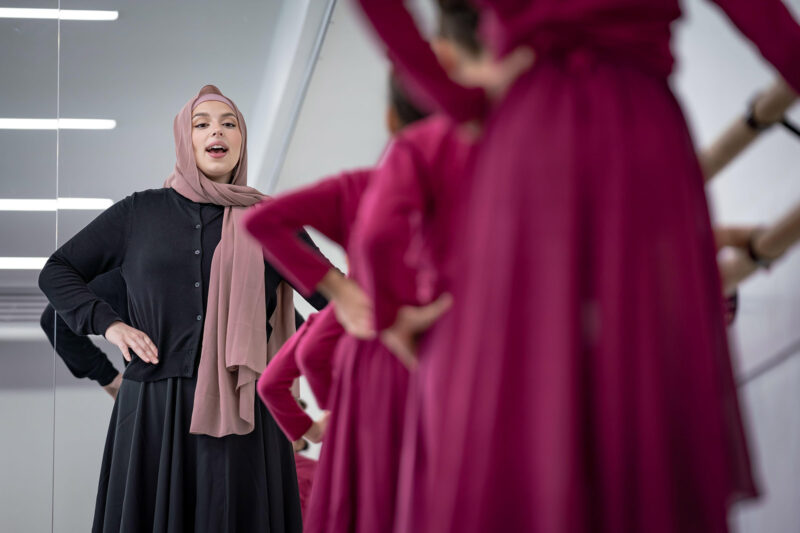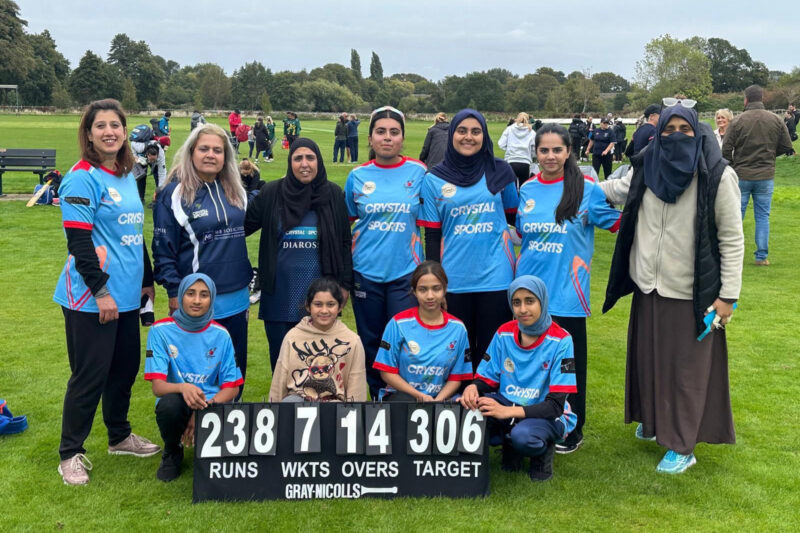Midnight fireworks and fly-tipping: why we all need to be better neighbours
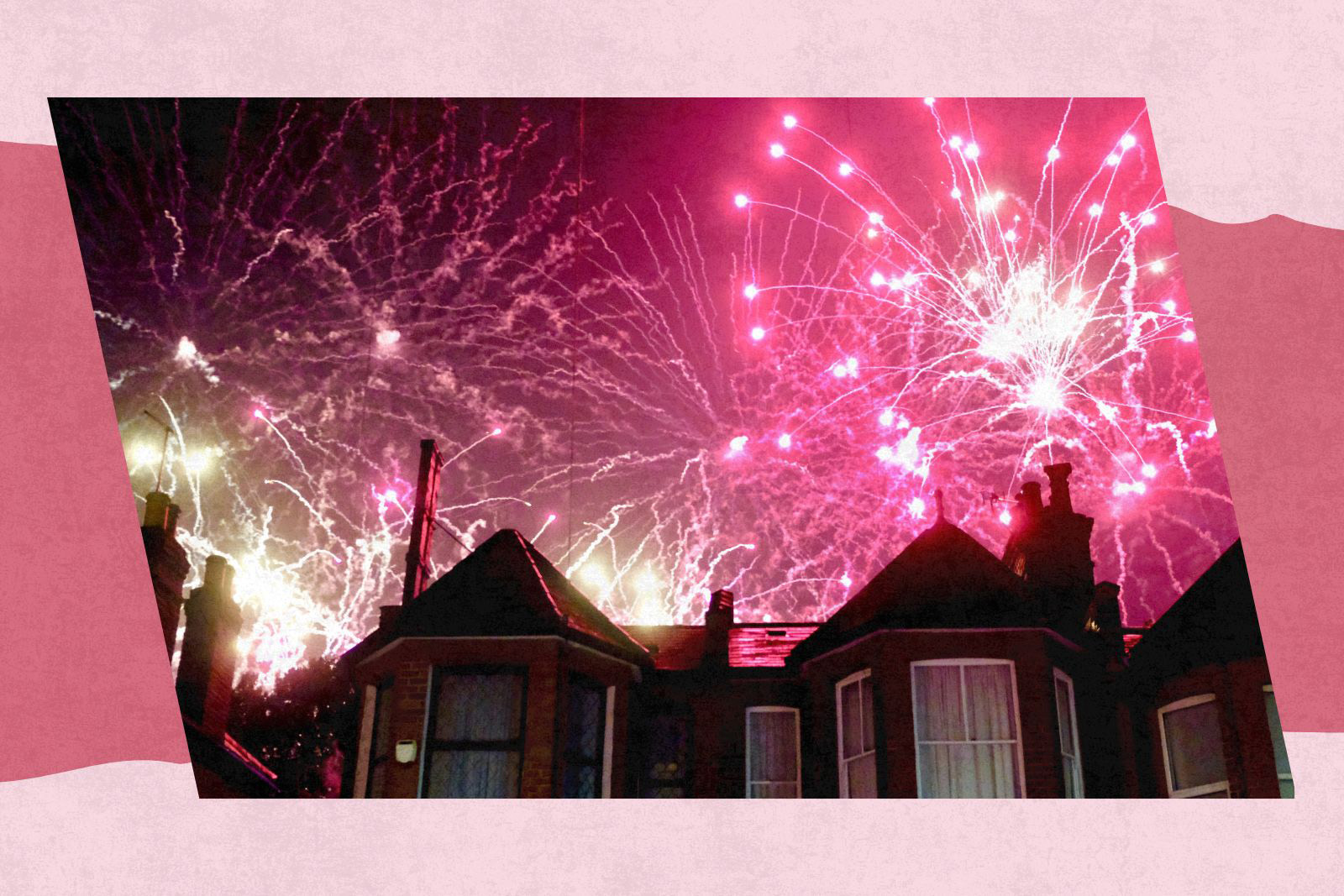
From crumbling local services to late-night noise, our social contract seems to have collapsed. Now, it’s time to rebuild it
A few days ago, I found myself browsing through the Luton Keeping Safe Facebook group. With more than 57,000 members, the page has become a digital town square for local residents — a place where people gather to swap information, share concerns and, more often than not, vent their frustrations about life in my home town.
Scroll through the feed on any given day and you’ll find a litany of complaints. Litter strewn across pavements, mattresses dumped in alleyways, antisocial behaviour, intrusive noise long after midnight. One, however, struck a particularly irritable chord with me.
“Fireworks again in LU1 at gone 11.30pm,” it read. “Some of us have a shift to get up for at 5am!! Why do people in this town have no consideration for others?”
August marks the height of the Asian wedding season. For many, this time of year brings nights of joyful celebration and families coming together. For others — shift workers, parents of young children, pet owners — however, it can be a source of profound frustration. Twice in the past fortnight, I’ve been jolted awake at one in the morning by the sharp crack of fireworks, accompanied by the roar of souped-up car engines tearing through the streets. Not helpful when you’ve been writing all day and have a deadline to meet the next morning.
It’s not just a Luton thing, either. Speak to people from Bradford, Birmingham and Oldham and you’re pretty much guaranteed to hear similar complaints. In other neighbourhoods, the specific issues are slightly different — thumping music at late-night house parties, drunken brawls on residential streets — but the basic question is the same: “Why can’t people be more considerate?”
It’s easy to conclude that we live in an increasingly atomised and individualistic society, in which people care little about how their actions affect others. But is that really the case? Are our streets really full of nightmare neighbours, or have the inconsiderate few been made more visible by the weary majority posting about them on social media?
Whatever the case, it’s important that we look at ways to fix these problems. Labour MP for Luton North Sarah Owen has campaigned to strengthen existing regulations against what she describes as “nuisance fireworks”. While such measures may help, laws can only go so far. What we are really dealing with is a question of social responsibility and the extent to which we feel bound together as community members.
If you look closely at the local Facebook groups, the picture is more complicated. Alongside entirely legitimate complaints about fly-tipping and late-night noise, you’ll find stories of lost wallets, phones and bank cards being returned to their owners and strangers alerting each other to suspicious behaviour in their neighbourhoods.
To me, that says most people do want to look after each other and keep one another safe. For proof, you only have to look at the flourishing of grassroots mutual aid groups delivering food and medicine during the Covid-19 pandemic.
The overwhelming majority of everyday kindnesses that build and sustain communities never get mentioned at all. The neighbour who carries shopping bags for an elderly person, the Muslim family sharing food with others during Ramadan, the small teams of volunteers who organise litter picks. All, however, demonstrate that our basic human instinct for collectivism remains intact.
What seems to be eroding is the social contract. According to the 2024 British Social Attitudes survey, a record high of 45% of respondents now say they “almost never” trust governments to place the needs of the nation above the interests of their own political party. That’s 22 points higher than 2020, during the height of the pandemic. Another record high of 58% say they “almost never” trust “politicians of any party in Britain to tell the truth when they are in a tight corner”, up 19 points from 2020.
When trust in “the system” unravels, people are less inclined to believe that rules will be enforced or that common standards will be upheld. More policing and tougher fines won’t solve those underlying issues. What we require is a renewed sense of community. That means investment in public spaces, services and facilities, but it also means rediscovering the everyday bonds that hold us together.
There are encouraging examples to follow. In the inner-city district of Sparkhill in Birmingham, residents have launched the Sparkhill Litter Busters, a volunteer group dedicated to tackling fly-tipping. What makes them effective is not official authority but credibility within their community.
In addition to the financial hardship it inflicted, one of austerity’s deepest scars has been the loss of spaces that once enabled social life to flourish: community centres, youth clubs, local meeting places.
On the Marsh Farm council estate in Luton, residents recognised the devastating impact of cuts to council budgets in the early 2000s and came together to reclaim derelict buildings, transforming them into community hubs that still function to this day. As Caroline, a founding member of Marsh Farm Outreach, told me: “We knew that if something was really going to be meaningful and lasting, it had to come from the bottom up.”
Being rooted in the community helped the organisation to engage with the people on the estate in a way that external organisations could not. “We used to go round and knock on every single door, speaking to people on their doorstep,” Caroline said. “Because we were neighbours, there was a feeling that we were all in it together.”
Rebuilding our social fabric will take time and effort. It also means fighting for more spaces where people from all communities can meet and forge the connections with each other that hold a society together.
We need more community centres, more libraries and more youth centres. These are the places where young people can find mentors, and adults can join forces and come up with strategies to address local challenges. We also need to reverse the cuts to local council budgets, which have ravaged everything from youth services to refuse collections.
Until then, however, we will need to think creatively about the assets we do possess — gyms, sports clubs, places of worship — and the conversations we have within them.
Mosques, for instance, are not only places to pray but also anchors of social good. The khutba (Friday sermon) was historically a time when imams spoke to the community about its moral and social responsibilities. A reminder from a respected figure about caring for your neighbours and the duty we all have to look out for each other can go a long way. Who knows, it may even help me get a decent night’s sleep.
 Newsletter
Newsletter


